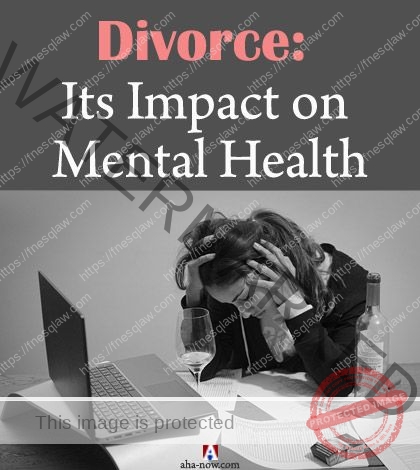Divorce can be an emotionally challenging experience that can take a toll on one’s mental health. It’s important to prioritize self-care and have a support system in place to help navigate through this difficult time. In this article, we will discuss strategies for maintaining mental health during a divorce and the importance of self-care and support systems in divorce recovery.
Strategies for Maintaining Mental Health During A Divorce
-
Seek Professional Help: One of the most effective ways to maintain mental health during a divorce is to seek the help of a therapist or counselor. A mental health professional can provide you with the tools and strategies to cope with the emotional turmoil of divorce. They can also help you process your feelings and work through any unresolved issues that may arise during this time.
-
Practice Self-Care: It’s crucial to prioritize self-care during a divorce. Make sure to take care of your physical health by eating well, exercising, and getting enough rest. Engage in activities that bring you joy and relaxation, whether it’s reading a book, going for a walk, or spending time with loved ones. Taking care of yourself will help you manage stress and maintain a positive outlook during this challenging period.
-
Maintain Boundaries: Setting boundaries with your ex-partner can help protect your mental health during a divorce. Establishing clear boundaries around communication, co-parenting responsibilities, and personal space can help reduce conflict and stress. Remember to prioritize your well-being and advocate for yourself when necessary.
Importance of Self-Care and Support Systems in Divorce Recovery
-
Lean on Your Support System: Surround yourself with a strong support system of friends, family, or a support group who can provide emotional support and understanding during this difficult time. Talking to someone who can listen without judgment can be incredibly helpful in processing your emotions and navigating the challenges of divorce.
-
Take Time for Yourself: It’s important to carve out time for yourself and engage in activities that bring you peace and comfort. Whether it’s journaling, meditating, or pursuing a hobby, make sure to prioritize self-care and allow yourself time to heal and recover from the emotional toll of divorce.
-
Focus on Healing: Divorce recovery is a journey that takes time and patience. It’s essential to focus on healing and moving forward, rather than dwelling on the past. Embrace the opportunity for personal growth and self-discovery, and seek out resources such as therapy, support groups, or self-help books to aid in your healing process.
Maintaining mental health during a divorce requires intentional effort and self-care. By seeking professional help, practicing self-care, setting boundaries, and leaning on your support system, you can navigate through this challenging time with resilience and strength. Remember to prioritize your well-being and give yourself grace as you work towards healing and recovery.

